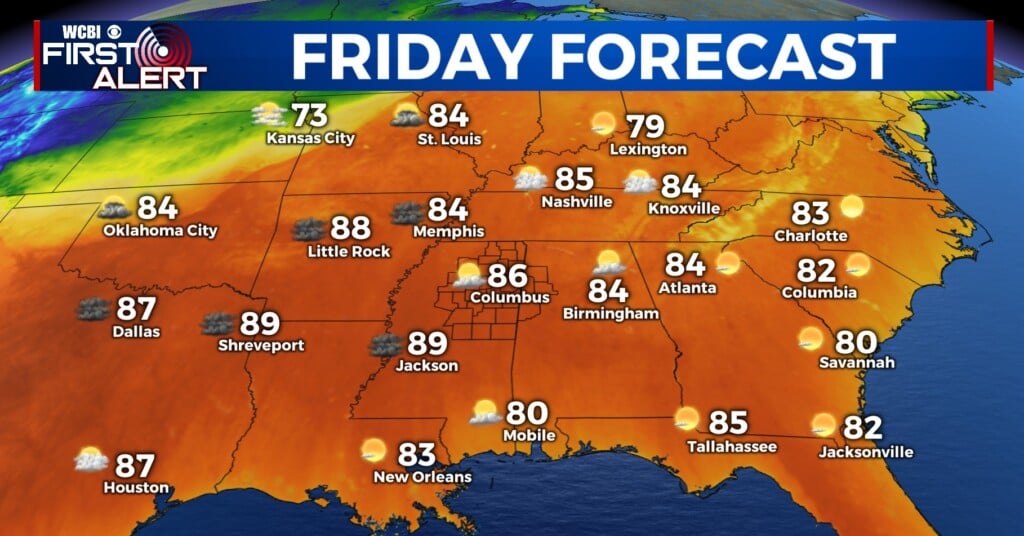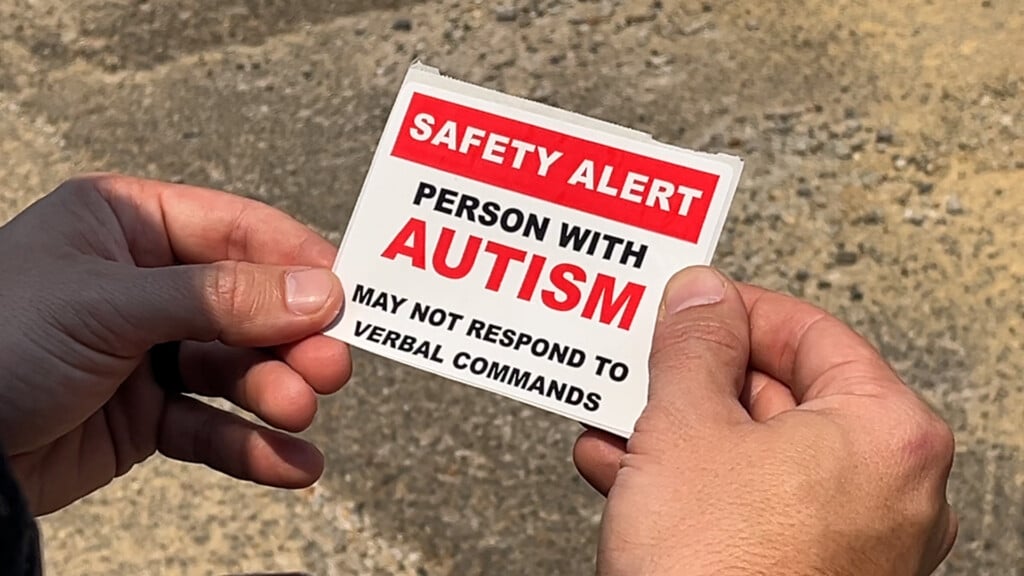Smoke from wildfires can be harmful to one’s health
Dr. Harry Holliday recommends limiting time outside, especially for those who have underlying health conditions.
COLUMBUS, Miss. (WCBI) – If you’ve been outside, you may have noticed a hazy and smoky sky. Smoke from wildfires in eastern Canada has moved south, and too much exposure can be harmful to one’s health.
At least 16 states have issued air quality advisories.
Dr. Harry Holliday, a pulmonologist at OCH Regional Medical Center, said it can do more than just put a hazy blanket in the sky.
“For the short term, it can cause exacerbations of underlying lung problems, and studies show it increases the hospitalization of people with heart disease, kidney disease, and diabetes,” Holliday said. “So, it’s something we want to be aware of and maybe take precautions during this time.”
Holliday recommends limiting time outside, especially for those who have underlying health conditions.
“Especially with the wildfires there’s more inflammatory particulates in the air, and that can be worse than even kind of your routine air pollution in bigger cities,” Holliday said. “So, for that reason, I would recommend precautions if you have underlying conditions being indoors more. Even if you’re healthy, exercising in the air pollution can actually cause more exposure because when you exercise, you’re breathing more air in and out getting more particulates in your lungs. So, even outdoor exercise, I would try to reduce until the air quality gets a little better around here.”
WCBI Meteorologist Ashleigh Bryant said the timing of how fast the smoke could move out is uncertain.
“On top of that fire, we have the higher level atmospheric winds, and that’s kind of dragging it from Canada down south to where we are,” Bryant said. “It’s going to be iffy on timing, but if wind conditions change, that’s going to allow it to move out just a little bit quicker.”
Holliday said that children exposed to poor air quality for long periods of time have a greater chance of developing Asthma and cardiovascular disease.
“Just remember if you have underlying health problems, you may get flare-ups,” Holliday said. “So, be sure to use all of your medications. Asthma patients, take your routine medications. If you’re having a little more trouble, take your rescue inhaler if you need to, and just be aware. If you’re having a lot more problems, see your doctor, or if you’re really having severe problems, go to the emergency room. ”
For 24/7 news and updates, follow us on Facebook and Twitter




